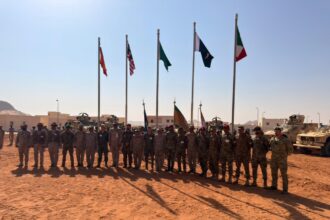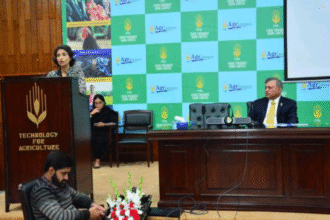Usman Awan
Kallar Kahar: The only major government hospital of Kallar kahar tehsil is trauma center Kallar kahar but patients and their families became very worried due to the absence of medicines for emergency cases at night and the relatives of the patients were forced to buy medicines from private medical stores. And the basic medicines used in Emergens within Tehsil Headquarters Hospital Kallar kahar including common drip, Ryzak injection for stomach, Flagal injection and IV set are not available, after checking the patient, the doctors hand over the medicine slip to the family members to bring it from outside, the lack of staff at night is already present in the hospital, but there is no emergency medicine either. due to which the patients and their families who have come from far away places are facing extreme problems At night, when the rescue 1122 ambulance shifts the emergency patients from wanhar area to the trauma center, the medicine is not available in the emergency. It takes a lot of time to get medicines from non-availability and private medical stores which are far away from the hospital, which also leads to loss of precious lives. Because of M2 Salt Range due to accidents every day, all the patients are brought here in emergency, but the lack of medicine here is showing the fears of a major tragedy, a visit of the MPA of the constituency after 2 months is limited to useless only. according to the public circles, the government money that is being spent on the visits of political and government figures and high performance certificates to the hospital staff should be invested in the supply of medicines. Prime minister of Pakistan Muhammad Shehbaz Sharif, Chief Minister Punjab Maryam Nawaz and Chief Justice of Pakistan have demanded that the lack of medicines in Kallar kahar Trauma Center be met so that the lives of emergency patients can be saved.






